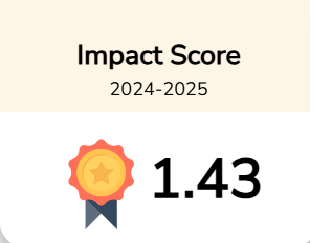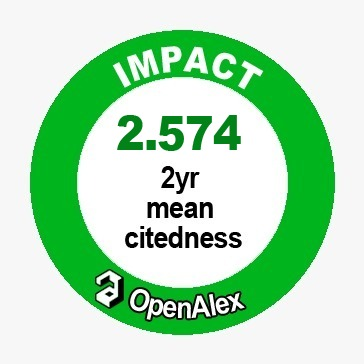Analysis of students' mental construction in understanding the concept of partial derivatives based on action-process-object-schema theory
Downloads
Purpose: This study aims to examine the errors that students made when using the APOS (Action-Process-Object-Schema) theory to create their knowledge of partial derivatives.
Design/Methodology/Approach: The method used was descriptive-qualitative including data collection through tests, interviews and documentation. Triangulation techniques were used in data validity procedures to ensure the reliability of the data.
Findings: The results showed that high, medium and low ability students had an understanding of the action, process and object stages in determining the partial derivatives. However, medium-ability students experienced a deficiency in understanding the object stage while low-ability students showed shortcomings in understanding the process and object stages. Several mistakes were made in determining partial derivatives of algebraic and trigonometric functions including incorrectly selecting and using the procedures of addition, subtraction, multiplication, division and chain rules as well as writing conclusions.
Conclusion: The dominant types of errors in determining partial derivatives were executive (ExE) and process skill (PE).
Recommendations: Future studies were expected to modify the genetic decomposition of partial derivatives and expand the classification of errors in data analysis.





